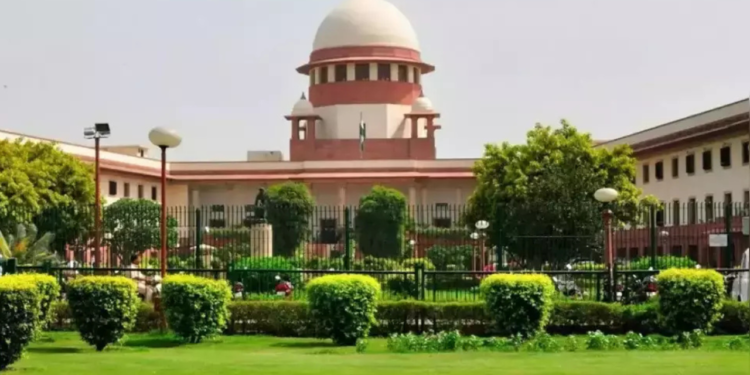The Supreme Court’s remarks on Monday highlighted the concerning trend of prolonged litigation and exploitation of temple administration in Uttar Pradesh, particularly in Mathura, where advocates have been appointed as court receivers in temple management disputes. The Bench, comprising Justices Bela Trivedi and Satish Chandra Sharma, emphasized that these legal battles were becoming lucrative for lawyers while undermining the proper administration of temples. The Court expressed concern that such cases were being used by certain individuals for personal gain, with no consideration for resolving the core issues related to temple management.
“The courts, revered as temples of justice, should not be used or misused to benefit a specific group of people with vested interests in prolonging litigation. The process of law should not be abused under the guise of delaying resolutions, especially in matters that concern the public interest, such as temple administration,” the Court stated.
In response, the Court directed the Principal District Judge of Mathura to submit a report that would include the following:
- A list of temples in Mathura are currently caught in legal disputes, as well as those with court-appointed receivers.
- The duration and current status of these legal proceedings.
- The names and professional status of the advocates or individuals appointed as receivers.
- Any payments or remuneration made to these receivers during the proceedings.
This inquiry will help the Court assess the situation and determine how to proceed with these cases in a way that ensures fairness and transparency. The next hearing is scheduled for December 19.
The Court’s concern follows an earlier ruling by the Allahabad High Court, which flagged the extensive number of temple-related cases in Uttar Pradesh and raised doubts about the suitability of appointing lawyers and district officials as receivers. The High Court suggested that courts should focus on appointing individuals with ties to religious communities or those with a genuine understanding of temple management rather than outsiders with no religious or spiritual connections to the temples.
The Supreme Court has now called for a re-examination of this practice, stressing that receivership should not be a tool for perpetuating delays or allowing advocates to control temple affairs indefinitely. It pointed out that practising lawyers cannot dedicate the time, devotion, or expertise required for the effective management of temples, particularly in religiously significant areas like Vrindavan and Govardhan.
In light of these concerns, the Court called for immediate action to free temples from the control of practising advocates in Mathura. It emphasized that long-term delays in temple-related litigation could erode public trust in the judicial system.

















